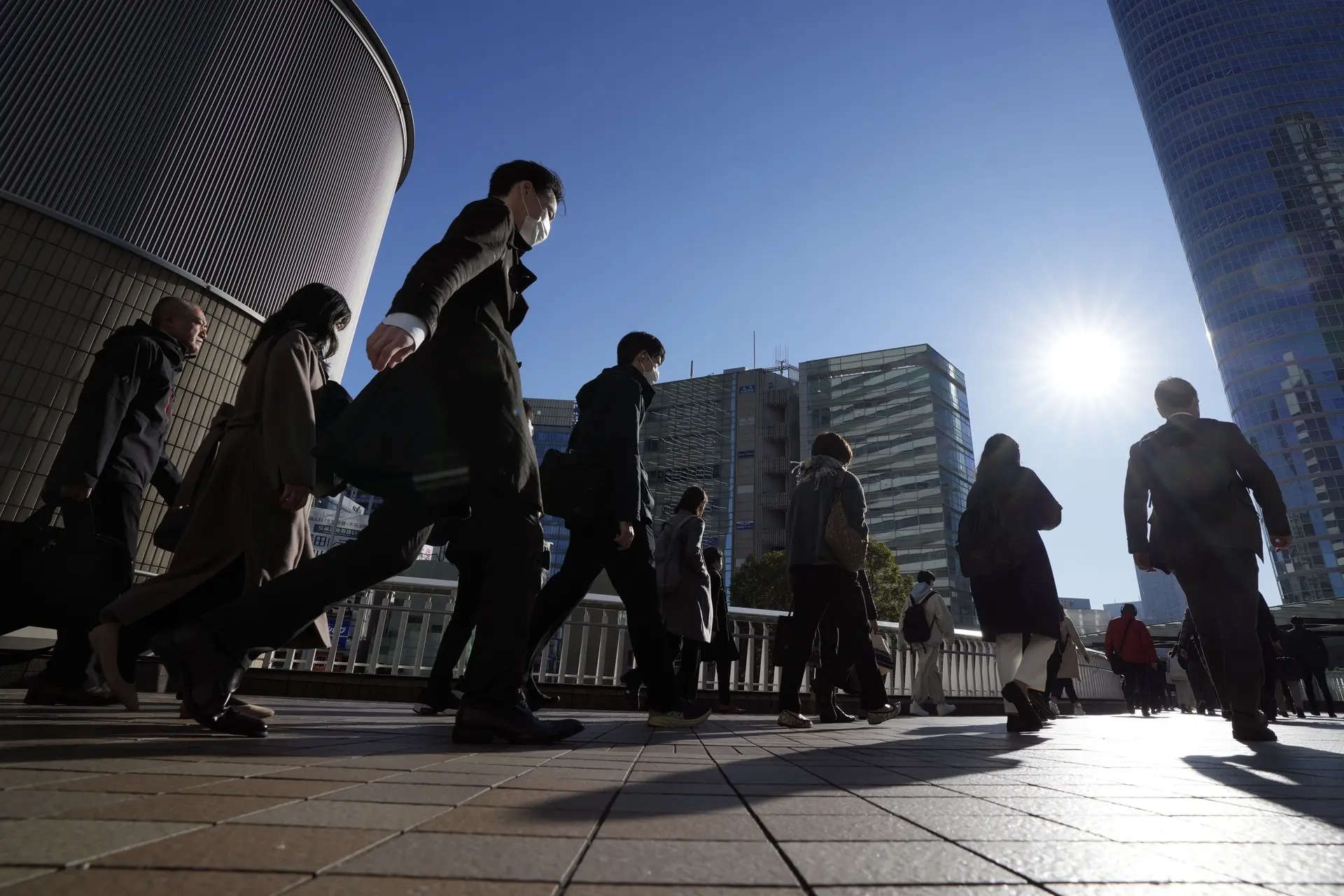Since 2021, the Japanese government has been advocating for a shorter workweek, aiming to address both the labor crunch and the long-standing issue of overwork.Despite this push, adoption has been slow. According to the Ministry of Health, Labor and Welfare, only about 8% of companies offer three or more days off per week, while 7% provide the minimum one day off.
To encourage more businesses, especially small and medium-sized enterprises, to embrace this new work model, the government has launched a “work style reform” campaign. This initiative includes free consulting, grants, and a growing library of success stories to inspire change. The campaign, known as “hatarakikata kaikaku,” or “innovating how we work,” aims to create a flexible work environment that benefits both employers and employees.
However, progress has been slow. Only three companies have requested advice on implementing changes so far. For example, at Panasonic Holdings Corp., only 150 out of 63,000 eligible employees have opted for a four-day workweek, indicating a tepid response to the new policy.
This push for reform represents a dramatic shift in a country traditionally known for its rigorous work ethic. In Japan, long hours and a strong sense of duty to one’s company have been integral to the national identity, contributing to the country’s post-WWII economic boom. But with a work culture that often leads to unreported “service overtime” and has resulted in at least 54 deaths from overwork annually, the need for change is becoming increasingly apparent.
The idea of a four-day workweek is gaining traction among some companies and workers. Fast Retailing Co., Shionogi & Co., Ricoh Co., and Hitachi are among those that have recently adopted the model. Even the finance sector is joining in, with SMBC Nikko Securities and Mizuho Financial Group offering four-day options.
One success story is Akiko Yokohama, who works at Spelldata, a small Tokyo-based tech firm. Yokohama enjoys a three-day weekend, using the extra day to attend personal appointments and spend quality time with her family. “The extra day off is invaluable. It helps me recover and reduces stress,” she said.
Despite these positive examples, critics argue that the four-day workweek may not be a panacea. There are concerns that employees might end up working longer hours for less pay, which could undermine the benefits of a shorter week.
The shift to a four-day workweek also highlights the broader issue of worker engagement in Japan. Recent Gallup surveys show that Japan has some of the lowest levels of employee engagement globally, with only 6% of Japanese workers feeling highly involved and enthusiastic about their jobs.
Kanako Ogino, president of Tokyo-based NS Group, believes flexible hours are essential for attracting and retaining talent, especially in service industries dominated by women. Her company offers 30 different scheduling patterns, including the four-day workweek, to meet diverse employee needs. Ogino emphasizes the importance of flexibility in creating a more sustainable and satisfying work environment.
“The old view was that longer hours made you more dedicated,” Ogino said. “But there’s no dream in such a life. We need to rethink what work should be.”
As Japan navigates this transition, the success of the four-day workweek will likely depend on how well it can balance the demands of a traditional work culture with the needs of a modern workforce.






